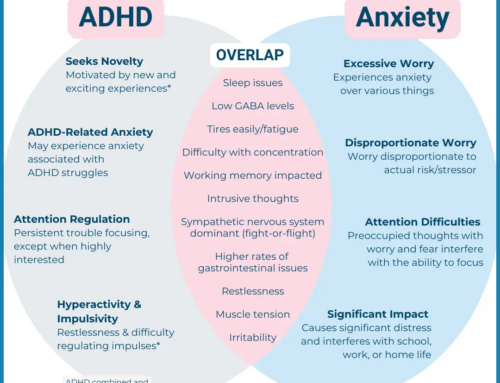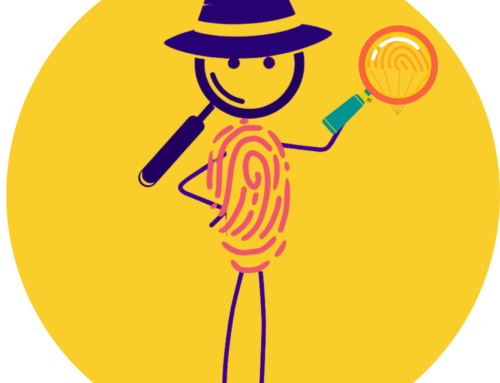Based on an article featured in ADDitude on May 20, 2022
Music has a profound impact on the ADHD brain, offering a unique blend of structure and stimulation that can enhance focus and cognitive function. While background noise may serve as a distraction for some individuals with ADHD, many find that music provides a sense of grounding and helps them stay present during tasks. Which is it for you? Read on to find your preference!
The Influence of Music on Focus
- Structure and Resolution: For individuals like Julie from Michigan, music serves as a source of continuous stimulation that engages the ADHD brain in problem-solving. The rise and resolution of familiar songs allow the brain to anticipate solutions, fostering a sense of presence and focus.
- Personal Preferences: Different individuals have varying responses to background noise. While some, like one ADDitude reader, thrive in silence or with instrumental music, others may prefer engaging their verbal brain with podcasts or audiobooks for tasks that require less mental focus.
Scientific Insights and Research Findings
- Neurological Effects: Scientists and researchers, including Oliver Sacks, have highlighted the extensive activation of the brain by music. Studies indicate that music’s distinct structure can assist in keeping the ADHD brain on a linear path, aiding in planning, anticipation, and reaction.
- Dopamine Regulation: Pleasurable music has been shown to increase dopamine levels in the brain, a neurotransmitter essential for attention, working memory, and motivation. This is particularly significant as ADHD brains often exhibit low levels of dopamine.
Music Therapy and Focus Enhancement
- Brain Activation: Music therapy, as noted by Kirsten Hutchison and Patti Catalano, can engage neural networks associated with cognitive processes, promoting improved language development, impulse control, and self-regulation in individuals with ADHD.
- Expert Recommendations: Psychiatrist Edward Hallowell emphasizes the role of specific music compositions, such as those by Bach, Vivaldi, Mozart, and Handel, in enhancing focus and concentration. These compositions can train the brain to achieve higher levels of focus and self-control over time.
Utilizing Music for Focus and Relaxation
- Curated Playlist: A selection of classical compositions, including pieces by Beethoven, Mozart, Bach, Handel, Brahms, Vivaldi, Tchaikovsky, and Pachelbel, offers a diverse range of music proven to aid in focus, concentration, and relaxation for individuals with ADHD.
- Individualized Approach: The impact of music on focus is unique to each individual. Parents and caregivers can experiment with different genres and rhythms to create personalized playlists that cater to their child’s specific needs and preferences.
- Set the Mood: Hearing songs of varying rhythms can slow down or speed up your child’s mental and physical processes. By selecting songs carefully, you can trigger an intuitive, neurological reaction that your child doesn’t know he is having. Does Lady Gaga get your daughter moving? Play it after school to burn off excess energy. Does Moby slow down her pace? Play it before bed to begin the daily wind-down.
By integrating music into daily routines, individuals with ADHD can harness its therapeutic benefits to enhance focus, cognitive function, and overall well-being. Experimenting with music therapy techniques and tailored playlists can empower individuals to leverage the inherent power of music in optimizing brain function and improving quality of life.
Yours in the Journey,
Cara






